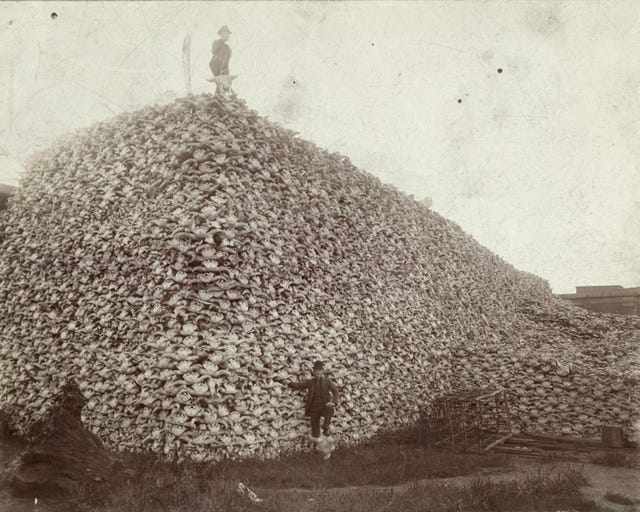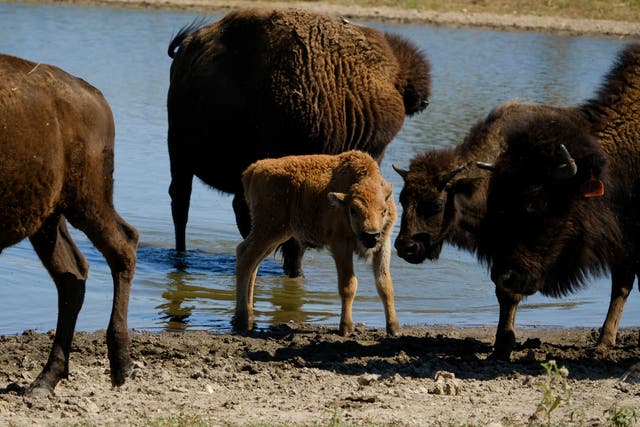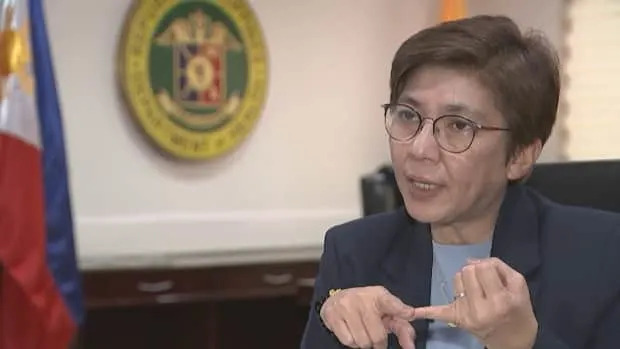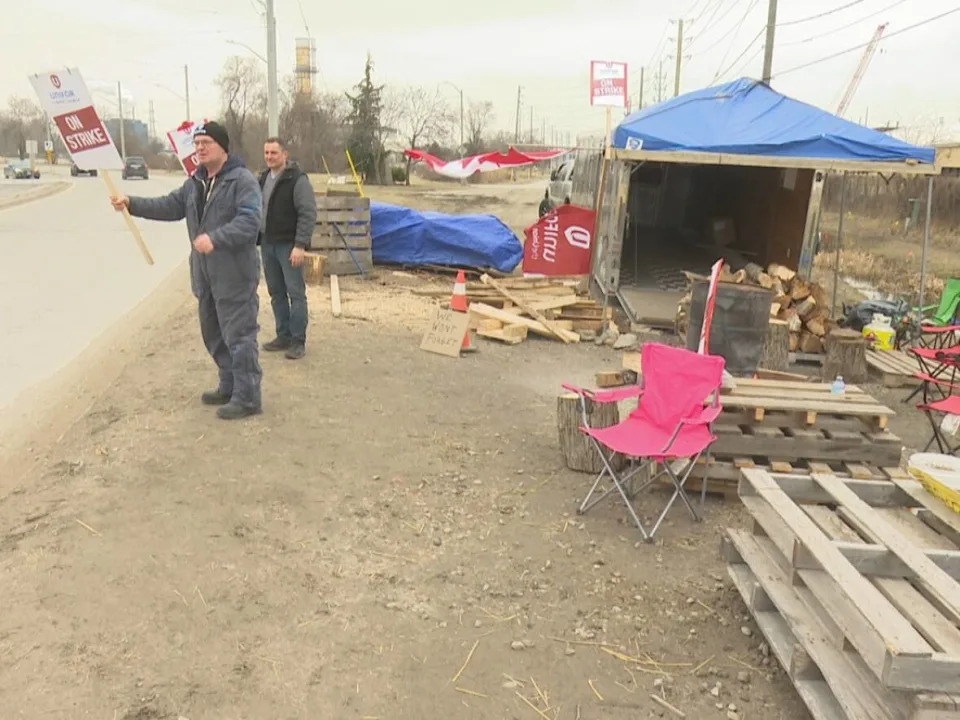
Myanmar: New International Sanctions Announced On Junta As Airstrikes, Arrests Keep Country On Edge
By Peoples Dispatch / Globetrotter News Service
On February 20, the European Union announced a sixth round of sanctions on nine individuals and seven entities in military-ruled Myanmar in light of the “continuing escalation of violence, grave human rights violations and threats to the peace, security and stability in Myanmar/Burma” two years after the February 1, 2021, coup. The sanctions entail travel bans and asset freezes of influential businessmen, politicians, and military officers.
According to the EU, some of the targeted individuals were “involved in the process of death sentences and execution of four democracy activists in July 2022, and in Kachin State, where they oversaw air strikes, massacres, raids, arson and the use of human shields committed by the military.”
The EU said in its statement: “All hostilities must stop immediately. The military authorities must fully respect international humanitarian law, and put an end to the indiscriminate use of force.”
The announcement comes after democratic advocacy group Justice for Myanmar on January 25 reported on the networks established between foreign countries, intergovernmental organizations, and financial institutions that have been aiding the junta forces in acquiring “funds, resources, and power.”
Meanwhile, the conflict in Myanmar is intensifying. According to a report in Mizzima, the military government carried out 57 airstrikes in January, and 652 airstrikes since the coup in February 2021. More than 288 individuals, mostly civilians, have died, and 377 have been severely injured as a result of these strikes since the coup.
Source: This article was provided by the Peoples Dispatch / Globetrotter News Service


















